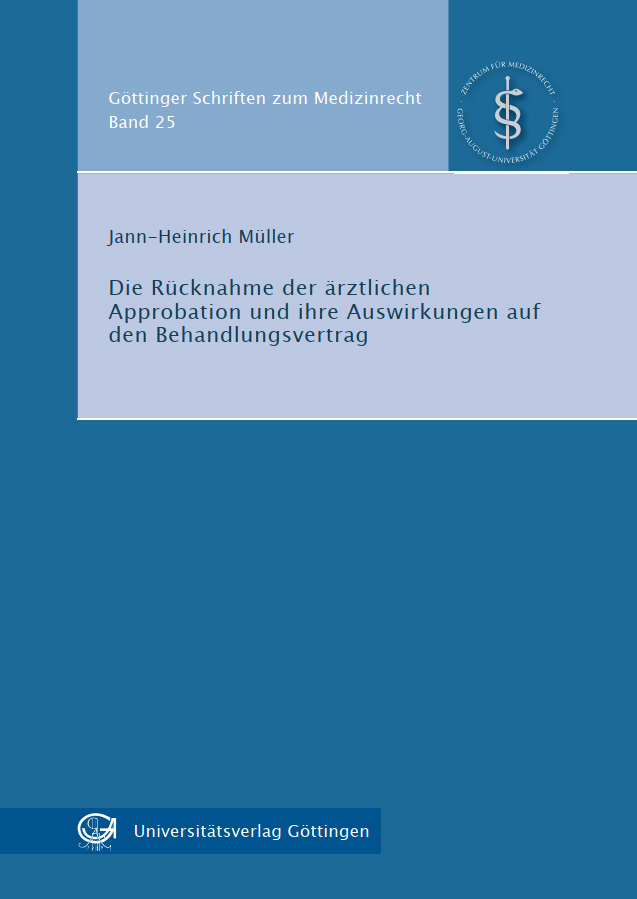It is rare for a physician to be disbarred; it is even rarer for the disbarment to have a retroactive effect back to the time of granting. The prerequisite for this effect is that the license to practice medicine should not have been granted in the first place, either because the requirements for the training of the future physician were not met or because character defects (unworthiness, unreliability) prevented the person concerned from working as a physician. Although practically rare, the revocation of a license to practice medicine is of particular academic interest because it ultimately results in the entire medical activity of the person affected being subsequently deprived of its legal basis. Strictly speaking, in consequence, each medical intervention becomes unlawful, thus (under certain circumstances) constituting a bodily injury under criminal law as well as giving rise to liability for damages under civil law. However, neither the criminal nor the civil law consequences of such retroactivity have yet been examined in a scientifically sound manner, even to a rudimentary degree. The present dissertation is intended to close this gap, at least in the area of civil law.
Publikationstyp: Hochschulschrift
Sparte: Universitätsverlag
Sprache: Deutsch





